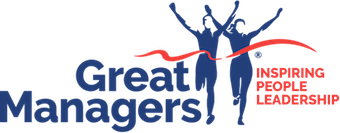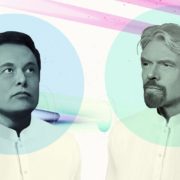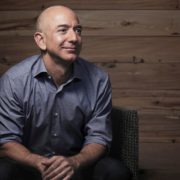How Richard Branson (And Other Great Leaders) Turn Leadership Weaknesses Into Success
Every entrepreneur has leadership weaknesses. It’s how you bounce back from the mistakes those weaknesses can cause that matters. Entrepreneurs like Richard Branson and Arianna Huffington have experienced plenty of failure along the road. Here’s what you can learn from them.
What does it take to be a great leader, shying away from leadership weaknesses?
Many of you search for the answer to that question on a daily basis. You’ll read several leadership skills lists in an effort to develop your leadership style.
That’s a good starting point, but there’s more to being a great leader.
Great Leaders fail constantly. They all have leadership weaknesses to confront. What’s important is how they respond to those failures. What you learn from your mistakes goes a long way.
People like Richard Branson, Larry Page, and Bill Gates have all failed along the way. They’ve missed opportunities or struggled to get recognition for a new project. But each has responded well to their setbacks.
This article will examine some of the biggest mistakes of leading entrepreneurs. It also looks at what you can learn from their leadership weaknesses.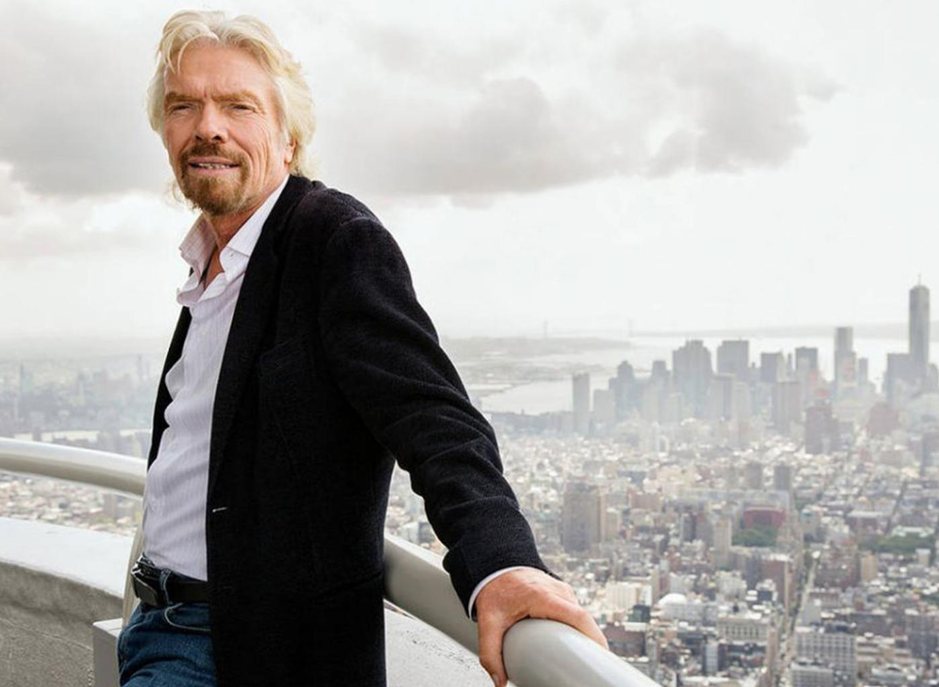
Richard Branson – Leadership Weakness: Underestimating the Competition
The co-founder of The Virgin Group, Richard Branson has tried his hand at hundreds of businesses over the years. In 1994, he tried to employ his leadership to the launch of Virgin Cola. Virgin Cola ran into immediate competition from more famous Cola brands. Coca-Cola, in particular, caused a lot of problems.
Branson says: “I suppose our most famous failure – if you can call it that – was trying to take on Coca-Cola for a year.”
Coke responded swiftly, sending huge amounts of their product to stores that stocked Virgin Cola. They also offered those stores better deals in an effort to get Virgin Cola off the shelves.
“They managed to squash us,” says Branson “…and the lesson was that you need to be better than the people you are competing with.”
Here’s what Branson is saying. The launch of Virgin Cola highlighted Branson’s leadership weaknesses and qualities at the same time. His desire to just do it and get the product out there shows a fearlessness that all entrepreneurs need. However, it also led to recklessness, as Virgin Cola had no way to stop Coca Cola’s onslaught.
Virgin Cola couldn’t compete because Coca-Cola has better branding and more name recognition. In the following years, Branson leveraged the Virgin brand to much better effect to take on large competitors. He also produced a far better product.

Arianna Huffington – Leadership Weakness: Fear of Failure
The founder of the Huffington Post, Arianna Huffington has a huge influence in today’s online literary circles. But it wasn’t always like this. At one point, Huffington was a struggling author, just like so many others.
“One failure that I always remember was when my second book was rejected by 36 publishers,” she says.
This could have been enough to damage her morale and prevent her from becoming the leader that she is today. But Huffington always remembered some advice:.
“My mother used to tell me, ‘failure is not the opposite of success, it’s a stepping stone to success’,” she says. “So at some point, I learned not to dread failure.”
There’s a simple lesson in this. The ability to keep pushing forward in the face of constant setbacks is one of the most effective leadership skills.
Huffington didn’t allow her failure to find a publisher prevent her from chasing her ambitions. She just adapted her ideas. This led to the launch of what is now one of the largest content producing websites in the world.
Bill Gates – Leadership Weakness: Not Committing to the Long-Term
The founder of Microsoft, Bill Gates is one of the world’s most prominent entrepreneurs. But he’s made plenty of mistakes along the way. Microsoft’s late foray into the search engine sector is one of them.
He keeps it simple when he says: “Google kicked our butts.”
Microsoft launched MSN search in the late-1990s, positioning it as a direct competitor to Google. However, they didn’t dedicate time to search because they didn’t see it’s potential. Where Google constantly innovated, Microsoft let their product stagnate. In fact, they used technology from other companies to power their own search results.
Gates laments this as a missed opportunity that stems from his own leadership weaknesses. He didn’t see what search could become, instead only looking at it for what it was in that moment.
Google did see the potential and ran with it. Today, it’s a multi-billion dollar company with a huge range of business interests.
There’s a simple lesson in this. If you’re going to release a product, commit to it. Microsoft didn’t and they still lag far behind Google in search to this day.
Richard Reed – Leadership Weakness: No Backup Plan
The founder of Innocent Drinks, Richard Reed, has carved a reputation out for himself in the beverage sector. But it could all have been so different. Reed identifies short-sightedness as one of his biggest early leadership weaknesses.
“When we started out we had one company which made our plastic bottles, and one company which bottled the crushed fruit into those bottles,” he says.
“…At separate stages <they> both rang us and said they would no longer be able to manufacture our bottles or pack our smoothies.”
Reed had no Plan B to fall back on. Worse yet, he only had 24 hours to react to the news. He needed new suppliers in one day, or else his entire business would grind to a halt.
Reed learned a valuable lesson from this experience – always have a backup plan.
Committing to your vision is one of the most effective leadership skills. But so too is recognising that things don’t always pan out as planned. Build contingencies for everything that’s outside of your control.
Hiten Shah – Leadership Weakness: Overlooking Customer Needs
The co-founder of Kissmetrics, Hiten Shah learned an important lesson during his early days in business.
“My co-founder and I spent $1,000,000 on a web hosting company that never launched,” he says.
“We were perfectionists, so we built the best thing we could without even understanding what our customers cared about.”
While most make aiming for the best part of their strategic leadership style, Shah hits on an important point here.
Your best isn’t good enough if it’s not what the customer wants.
Shah’s blindness to customer needs was one of his early leadership weaknesses. He was building a company for himself, rather than one that served anybody else. With no real idea of where he was going, Shah poured a huge amount of money down the drain.
It’s no coincidence that Kissmetrics focuses on helping businesses build their client bases. Shah has direct experience in how not to do it. He used this mistake to power his next idea.
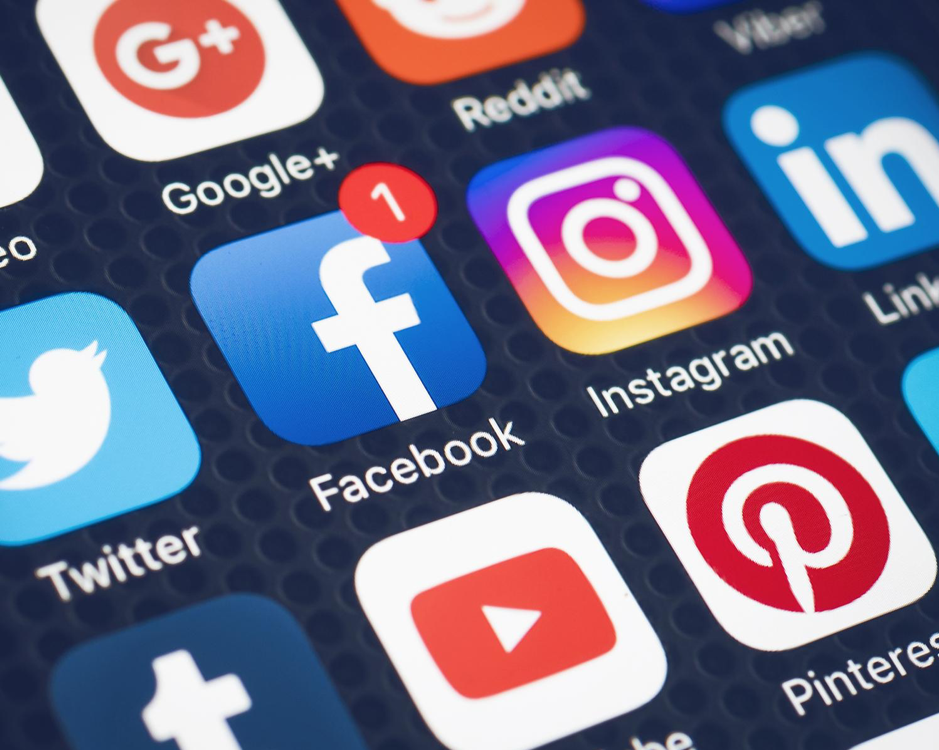
Larry Page – Leadership Weakness: Procrastination
The co-founder of Google, Larry Page played a vital role in propelling the company to the top of search. However, he has a similar story to Bill Gates to share when it comes to missing the next big thing.
During the formative years of social media, Page attempted to purchase Friendster. The social media site didn’t sell and Page did nothing.
“I clearly knew that I had to do something and I failed to do it,” he says.
Page’s story differs slightly from Gates’. Page knew that social media would be huge, but he procrastinated. Instead of setting Google to work on its own social network, he doubled down on search.
While that helped keep Google at the top of that sector, it opened a gap in social media for other companies. Facebook and Twitter came along and now dominate the space. Google were late to the party, with 2010’s Google Buzz falling by the wayside. Even today, Google+ doesn’t have the same brand recognition as other social media sites.
Here’s what this story teaches us. If you spot an opportunity, chase it. Delaying gives competitors more time to get their act together. They’ll capitalise on a market that you know is there but did nothing about. Get in first and you increase your chances of success.
Steve Jobs – Leadership Weakness: Self Doubt
Before his passing, Steve Jobs had established himself as the face of Apple. However, it wasn’t always like that. Despite co-founding the company, Jobs faced a power struggle in the 1980s. He felt ready to become the CEO, but Apple’s board felt differently.
As a compromise, Jobs agreed to the hiring of John Sculley. The two immediately butted heads, which ended up with Jobs getting fired from Apple in 1985.
Sculley himself has something interesting to say on this period.
“Looking back, it was a big mistake that I was ever hired as CEO,” he says. “I was not the first choice that Steve wanted to be the CEO. He was the first choice…”
Here’s what this incident teaches us. Jobs was the right man for the job. His board may have seen him as being too young, but he was the one who brought passion and vision to the organisation.
He set that vision aside, compromising when he should have pushed for the position he deserved. That was one of his early leadership weaknesses that disappeared later on. When Jobs returned, Apple followed his vision and achieved enormous success.
Most entrepreneurs relinquish some control of their organisations over time. But losing too much means you lose control of the business. Be confident in yourself and don’t sacrifice your vision if you don’t believe it’s best for the organisation.
The Final Word
Building a strategic leadership style isn’t just about working to your strengths. Making mistakes and identifying your leadership weaknesses plays an important role too.
Each of the entrepreneurs on this list made mistakes along the way. Critically, each responded to those mistakes in a similar fashion. They brushed themselves off and tried again.
Do the same whenever you experience a setback. You’ll identify areas for improvement and come back stronger than before.
And remember, a great manager can DOUBLE the capacity of their people.
Register for our next webinar to learn more about inspiring your employees.
